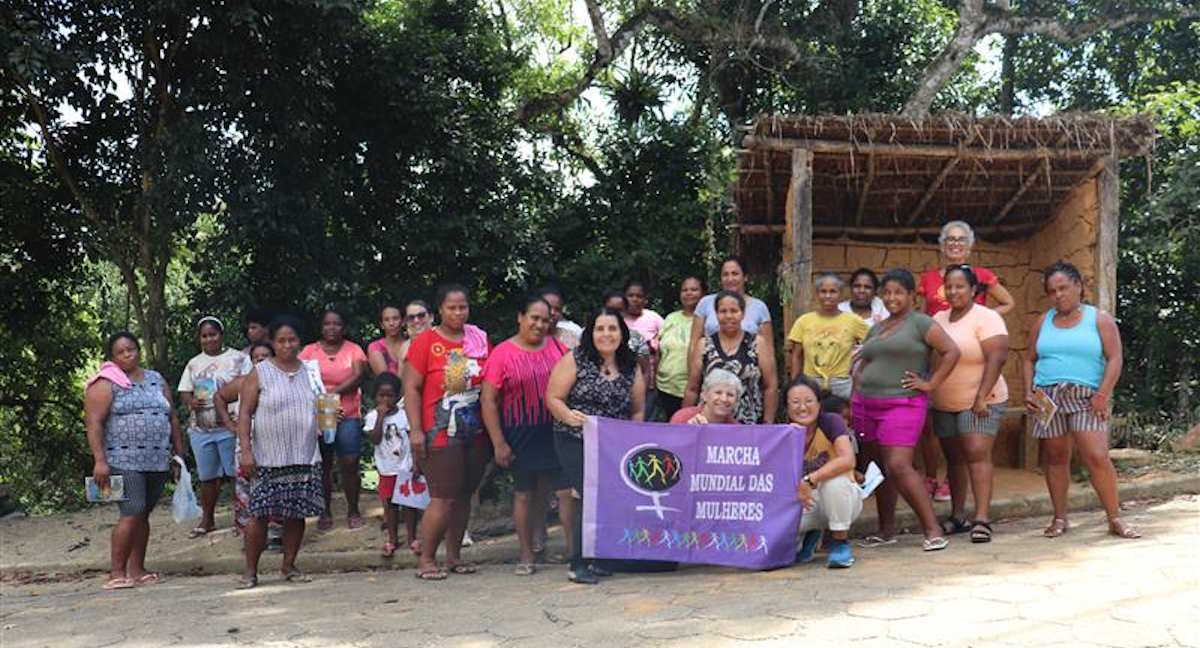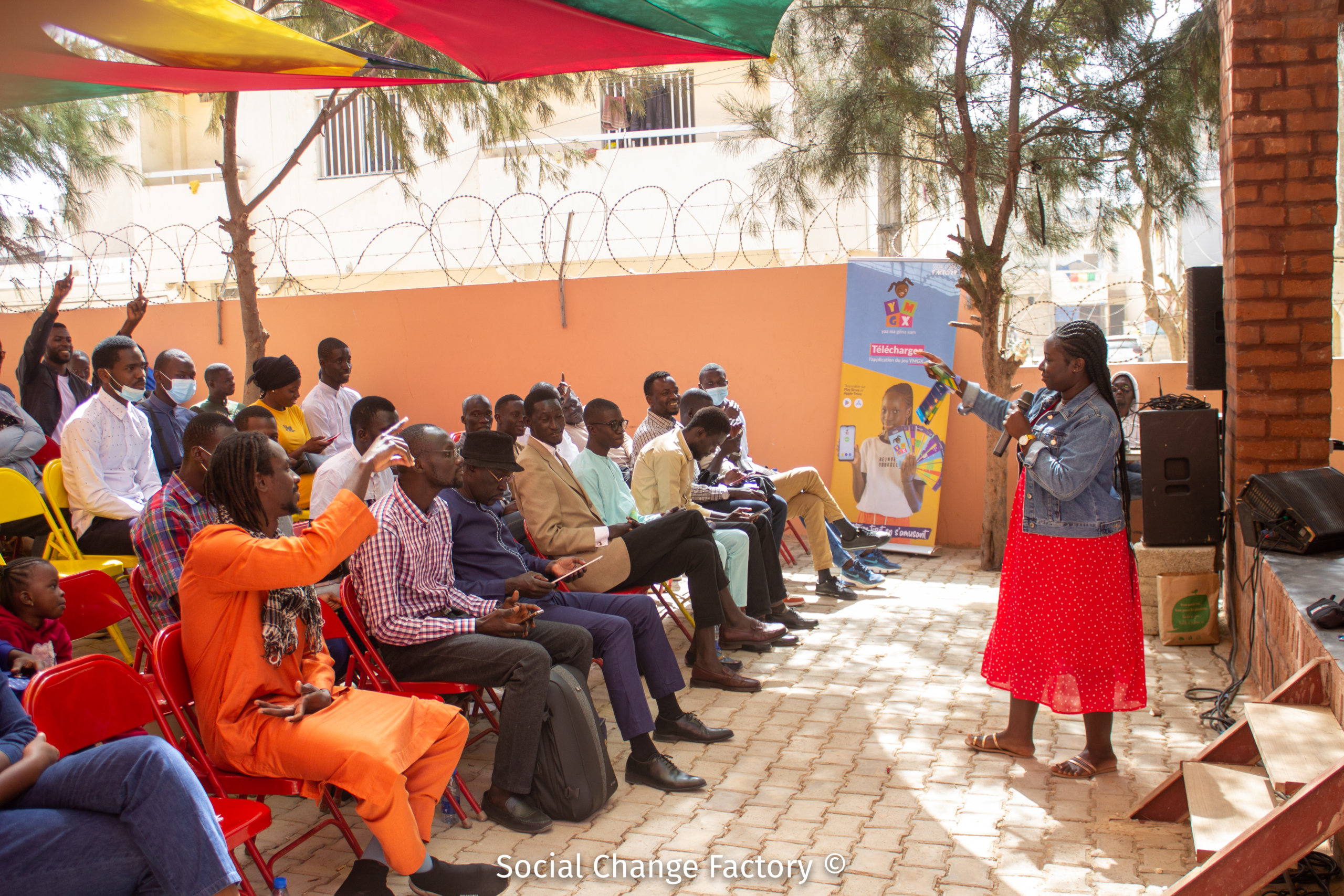What conditions are necessary for the law to become a lever of legal empowerment, in other words, a lever for emancipation and an incentive to use one’s power to act? Patricia Huyghebaert, “Law and civic issues” programme manager with GRET, provides some elements of response, referring to a pilot operation for access to rights in France and Vietnam (In French only), implemented from 2015 to 2017 as part of the “Cooperating differently, as an agent for change” programme, run by the CFSI (French committee for international solidarity).
Why choose to study the case of women workers in Vietnam?
In Vietnam, women who come to work in factories in industrial zones located on the outskirts of large cities are particularly vulnerable. They are very young (15-16 on average) and do not necessarily know their rights. They have migrated from the countryside to city and are therefore often isolated. The majority of these women do not have access to essential services and do not know what relays to turn to for help. Just like men, they work very long hours (12 to 13 hours a day, six days a week); but as women, they have very little access to positions of responsibility and are not very involved in social dialogue within companies. For all of these reasons, it is important to work with these women to enable them to become emancipated through the law. It is therefore important to work on legal empowerment.
What is legal empowerment?
Legal empowerment is a notion that refers to a process. The process through which people who find themselves powerless, for example highly vulnerable people such as women workers in Vietnam, draw support from the law to take their lives into their hands and improve their living or working conditions through recourse to law. The notion of empowerment is connected to the notion of taking power, of strengthening the power to act, with a view to turning these vulnerable people into agents of change.
What conditions are necessary to enable legal empowerment?
For the process of legal empowerment to be implemented, four conditions are necessary: a favourable legal environment; democratisation of access to rights (after an awareness-raising phase to reposition the law at the core of citizens’ preoccupations); the creation of a network of allies (magistrates, lawyers, legal experts, trade unionists, and even workers); and lastly, the implementation of favourable legal mechanisms with particular focus on ensuring they are applied. These four conditions are crucial, but they are not necessarily linear. It is possible to start with the fourth in order to influence the law and make it evolve in a more favourable direction.





